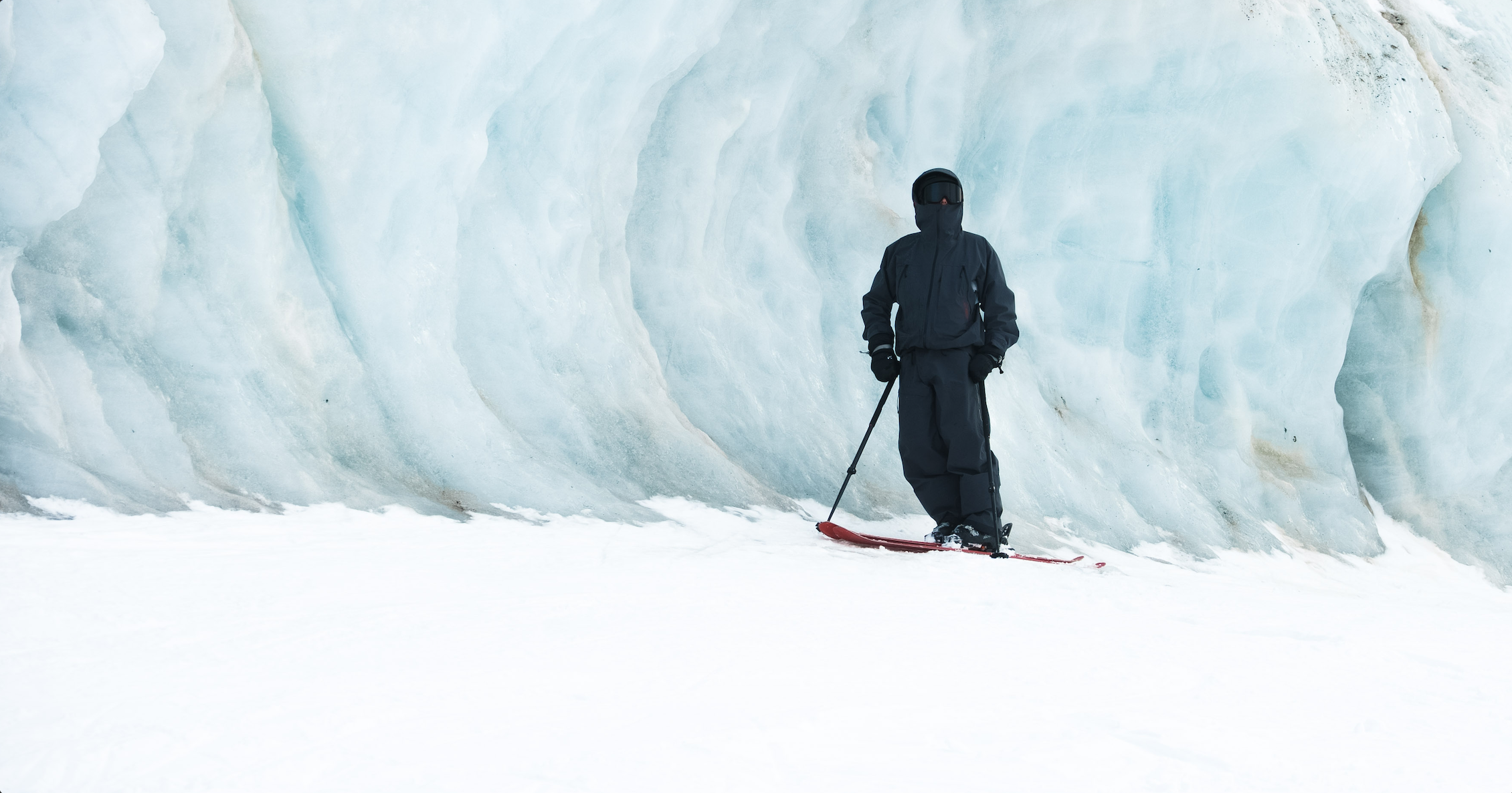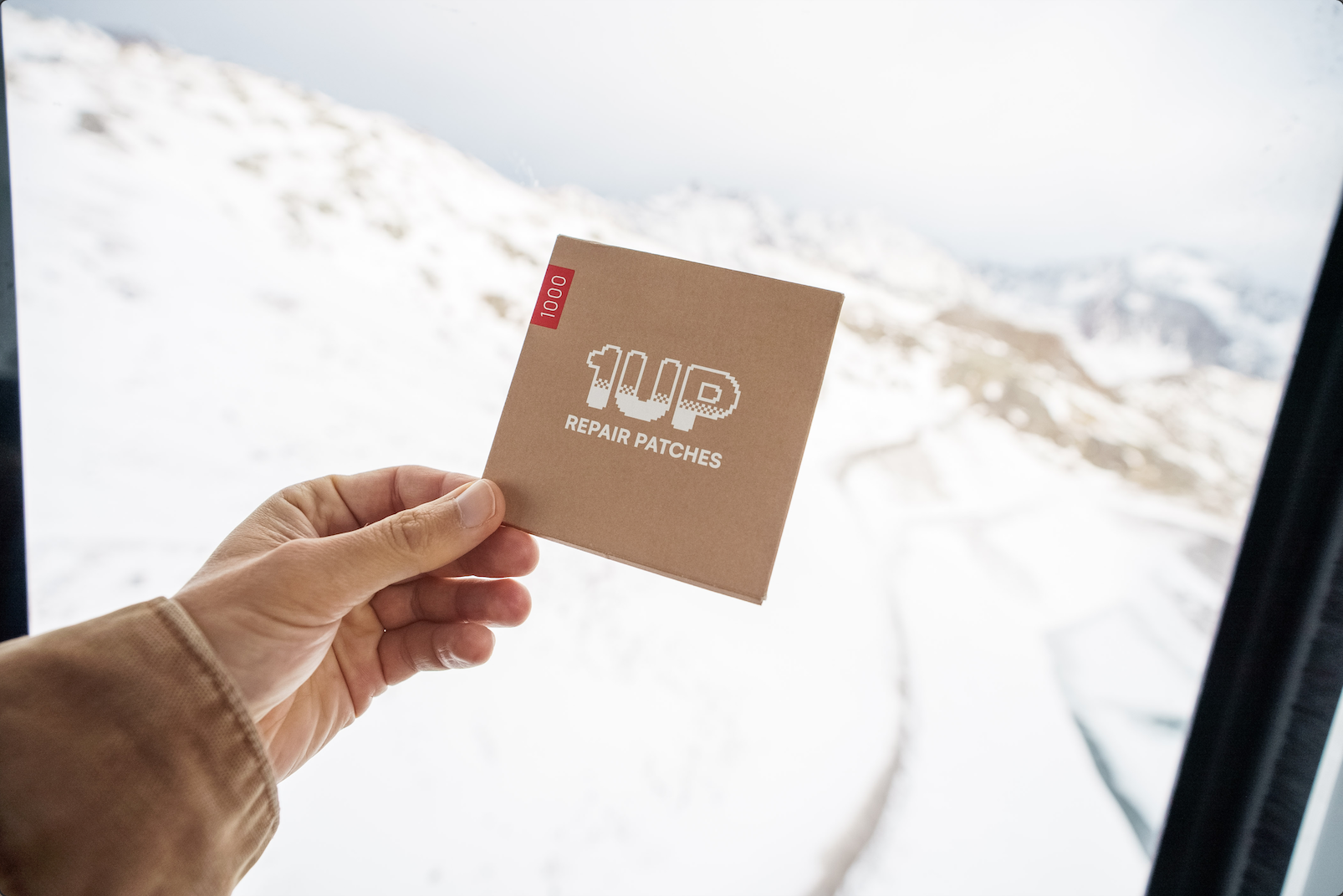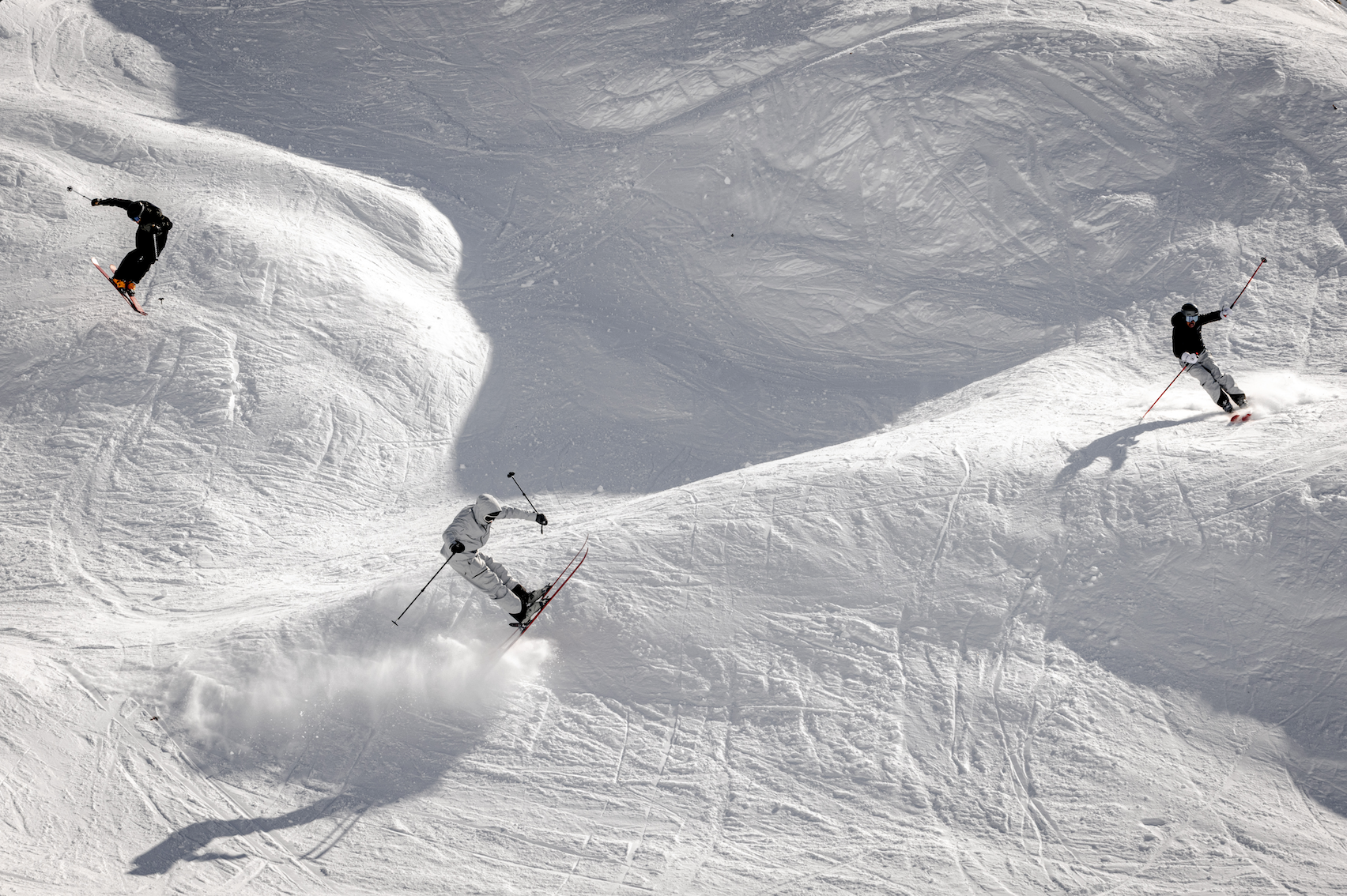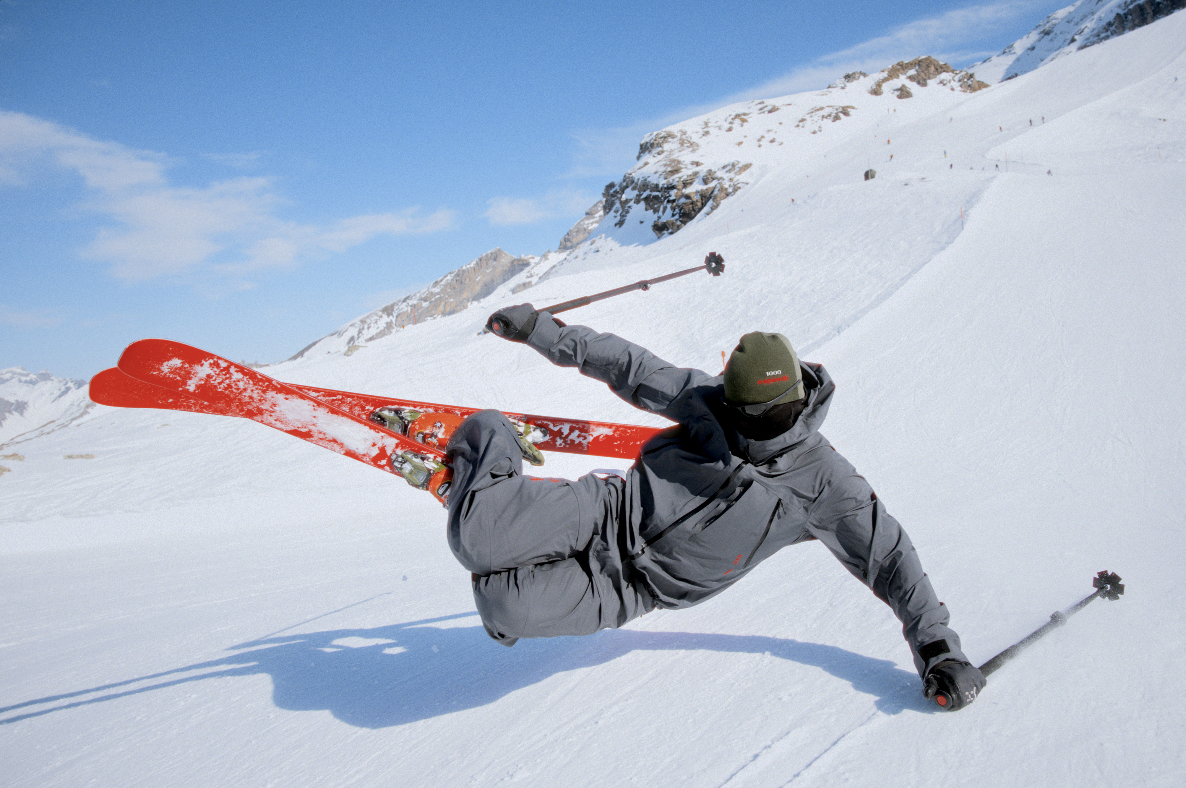1000
FEED
0
Your cart is empty. Let's change that!
Shop our productsOops! Something went wrong while submitting the form.
From Air to Ocean
One of the biggest emission sources for us is downstream transportation and distribution: how our skis get from our factory to you. So, we decided to take a closer look at the difference between our old way of shipping and the one we’ve just switched to.
Until recently, we shipped each U.S. order individually from Sweden. Every pair was flown across the Atlantic by air freight. With our U.S. community growing fast, we’ve now moved to sending larger batches of skis to our brand new U.S. warehouse. The latest shipment, weighing a total of 2.28 tonnes, went by ocean freight instead. For comparison, our previous shipments averaged a volumetric weight of around 8 kg per pair of skis (based on UPS data).

Measuring the Impact
To understand what that change means for the planet, we calculated the greenhouse gas emissions for both methods using EcoTransIT, a recognized industry tool that follows international standards including the GHG Protocol and the GLEC Framework. These calculations are WTW (Well-to-Tank + Tank-to-Wheel), which means they include both upstream energy production and direct transport emissions. The platform is trusted by global logistics companies like DB Schenker and DHL, ensuring our results are comparable and credible. We used shipment data provided by our logistics partner Schenker, and for air freight, we based assumptions on previous routes with UPS. The goal: to quantify how much we reduce greenhouse gas emissions by switching shipping methods.
It’s worth noting that the comparison involves assumptions, particularly around flight routes, so it may not perfectly reflect real-life emissions. Still, we’ve done our best to stay accurate, and we’ll keep refining our calculations over time. Both routes include the necessary road shipping legs, which are also accounted for in the results.

The Results
According to EcoTransIT, transporting 495 pairs of skis by flight emits about 26,235 kg CO₂e, while sending the same amount by boat produces roughly 1,556 kg CO₂e. That’s a reduction of around 94% in emissions.
This isn’t just a logistical change, it’s a significant cut in our emissions where they’ve traditionally been high. By switching from air to ocean freight and consolidating shipments, we’re taking a tangible step toward a more sustainable way of operating. It’s not perfect. The numbers are based on assumptions, and there’s always more to learn. But what matters is direction, and this one’s the right way forward.
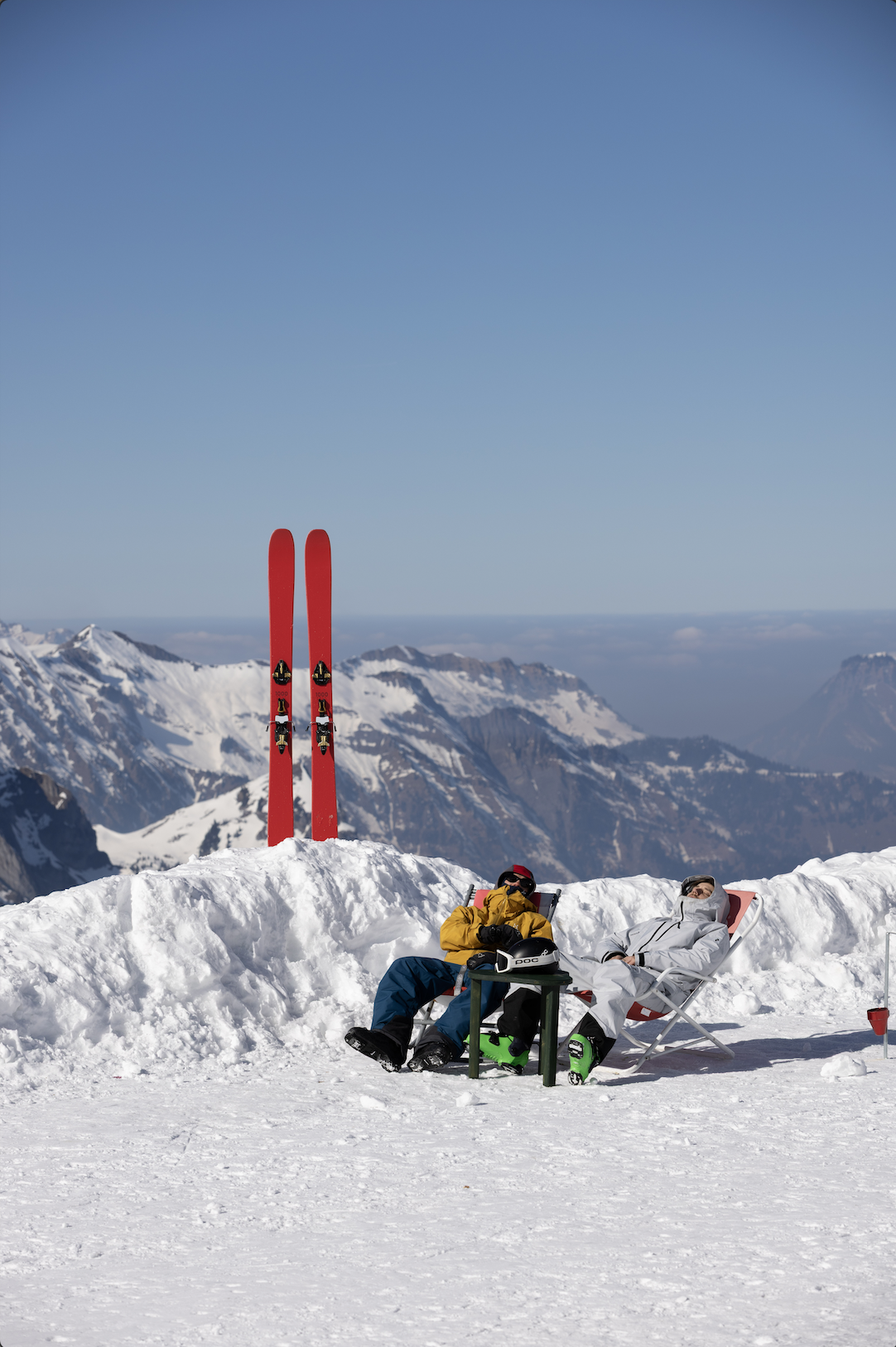
.jpg)

